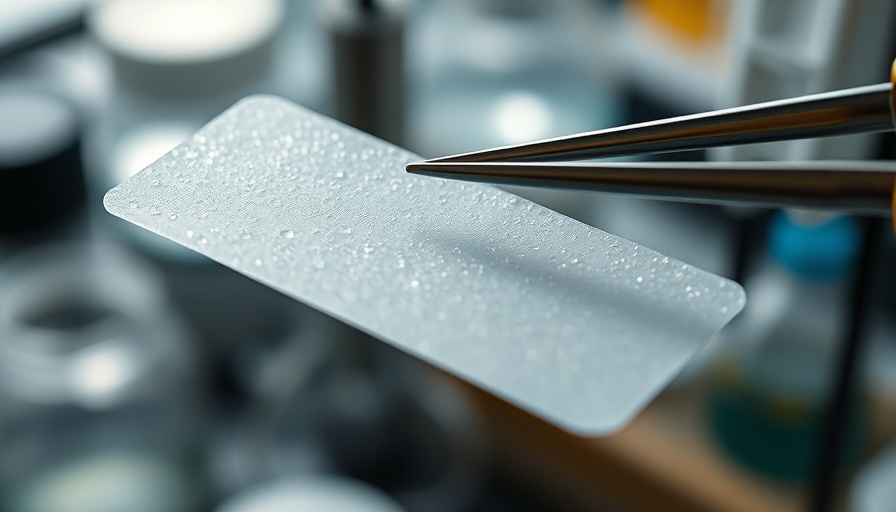
Revolutionizing Healing with Bacterial Cellulose
In a groundbreaking study, researchers have uncovered the remarkable capability of bacterial cellulose to promote plant tissue regeneration. This discovery not only hints at the potential of bacterial cellulose in agricultural applications but also opens doors into understanding plant health and resilience.
What is Bacterial Cellulose?
Bacterial cellulose is a natural polymer produced by certain bacteria. Unlike traditional cellulose, found in plants, the cellulose produced by bacteria has unique properties, such as higher purity and superior mechanical strength. These properties make bacterial cellulose an attractive candidate for various applications, including medical and agricultural fields.
The Method and Its Impact
The study applied bacterial cellulose to wounded plant tissue, observing that it significantly sped up the healing process compared to untreated areas. Researchers noted new growth and improved structural integrity, showcasing bacterial cellulose's role as a crucial factor in tissue recovery. This not only aids in maintaining healthy plants but might also enhance agricultural productivity.
Benefits of Using Bacterial Cellulose for Plants
This method of healing has numerous advantages. It can reduce the need for chemical treatments, aligning well with the growing trend towards sustainable agriculture. The enhanced plant resilience against diseases and environmental stresses could play a vital role in food security, especially as climate change continues to pose challenges for crop production.
Future Predictions: A Greener Agricultural Future
As research continues to evolve, there lies tremendous potential for bacterial cellulose to become a staple in modern agriculture. Predictions suggest that with further development, it may lead to the formulation of bioadhesives or coatings that protect plants from pests while promoting quicker recovery from wounds.
Real-Life Applications We Can Anticipate
In practical terms, this innovation means farmers could utilize bacterial cellulose in their fields, reducing dependency on synthetic products that often come with side effects. Environmentally conscious consumers might find comfort in knowing that the products they purchase could be grown with minimal environmental impact, supporting a more sustainable future.
As we look towards a world where ecological sustainability takes precedence, the involvement of innovative materials like bacterial cellulose in agriculture could be a game-changer, reinforcing the need for research that aligns with both scientific exploration and our hopeful visions for the planet.
 Add Row
Add Row  Add
Add 




Write A Comment